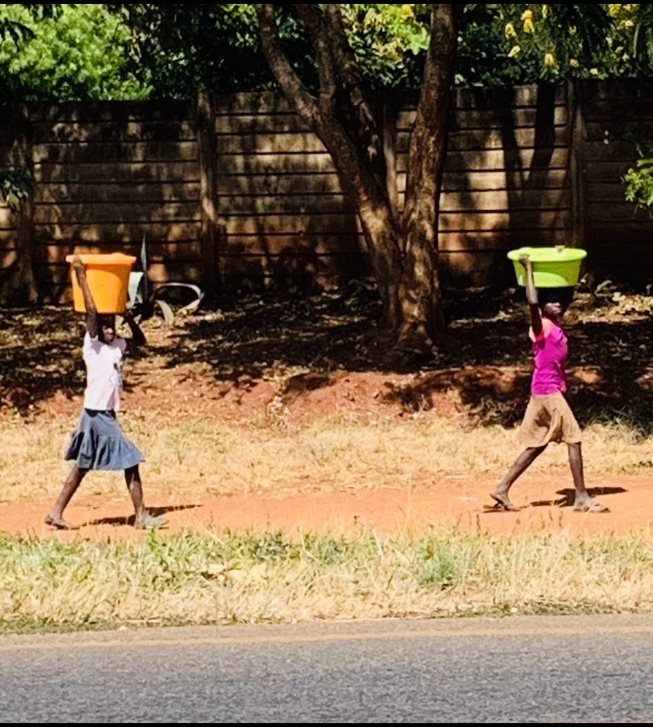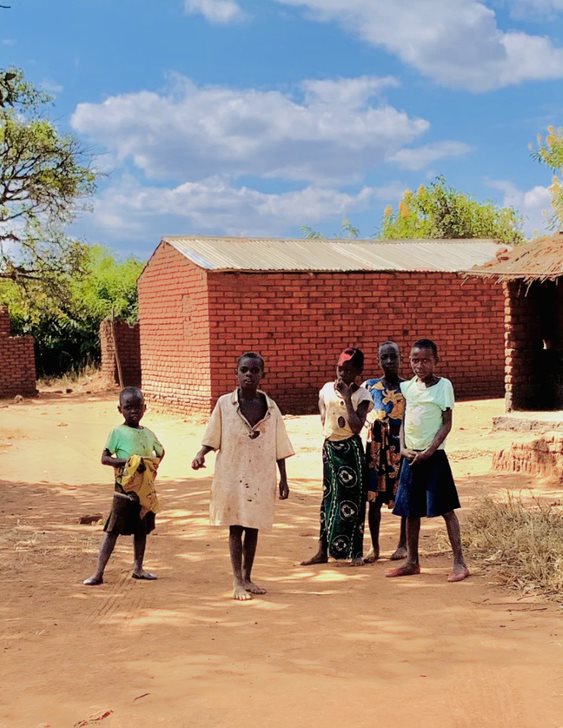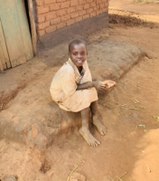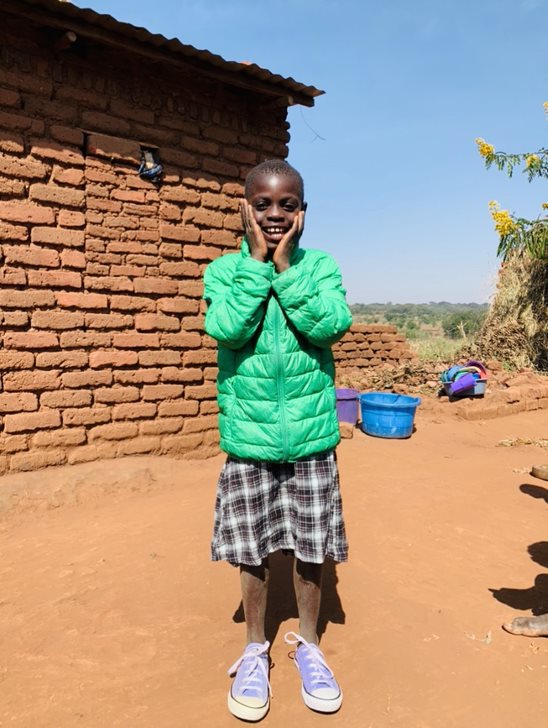A Letter from Cheryl Barnes, serving in Malawi
July 2020
Write to Cheryl Barnes
Individuals: Give online to E200537 for Cheryl Barnes’ sending and support
Congregations: Give to D507597 for Cheryl Barnes’ sending and support
Churches are asked to send donations through your congregation’s normal receiving site (this is usually your presbytery)
Dear Friends,
I began my first months in Malawi with the enthusiasm of a child beginning a new school year. In the month of February, my planning calendar was partially filled with meetings when I would, at long last, meet the Synod Moderators and Education Secretaries of the three Synods in Malawi. I traveled by car across Malawi with PC(USA) colleagues on a three-day journey. I anticipated returning later in the year to visit the schools in these Synods. Shortly after this beneficial trip, the world we knew began to close down. As COVID-19 spread and things began to grind to a halt, I decided to “shelter in place” as an expression of solidarity with the people of Malawi with whom I am called to serve.
As with all countries around the globe, the closure of schools in Malawi was an immediate and appropriate response to control the spread of the coronavirus. In America, the virus has disproportionately affected Black, Brown, Indigenous communities, and immigrants. In Malawi, the children, especially the girls of the poorest citizens, endure the greatest hardship since they are left to entertain themselves or care for younger siblings. Virtual learning is unfeasible because most Malawian homes lack books, computers, or electricity. The government has not yet announced the date for school reopening. Without adequate infrastructure to control this highly contagious virus, it is unlikely that schools in Malawi will risk resuming classes this year.
As an educational consultant, I am using my time to better understand the challenges of educating Malawi children by developing relationships with parents and children who willingly share their experiences, hopes, and frustrations. By doing this I am building a foundation of trusting relationships. I am currently working on building a coalition of stakeholders to imagine a new way of thinking about education. This includes the way children are taught, how we advocate for them, being intentional about educating girls and students with special needs, and reforming how education is financed.
Just before the coronavirus began to spread in Malawi, I visited a nearby village to purchase bricks for use in the garden of my new home. As my driver and I approached the village, I noticed a group of young girls laughing and dancing on the unpaved road. I watched for a few minutes until they noticed me and quickly stopped and stared. I waved and continued on to inspect the bricks I needed. Almost immediately, one of the young girls approached and sat down near me, staring intently. With my limited Chichewa, I greeted her, and she flashed a wide smile seemingly impressed with my feeble attempt at the Chichewa language. Her beautifully sun-kissed skin framed her soulful eyes. She wore a bright smile and a tattered oversized boys cotton shirt. Her bare feet were covered in brown dust. After a few minutes, she became very talkative, and I turned to my driver for translation. Her name was Loveness, she wanted to be my friend, and she wanted 100 Kwatcha (about fifteen cents in U.S. currency). She didn’t remember her age, and the older children began saying (in Chichewa) that Loveness was nine years old and intellectually impaired. I secretly questioned their assessment, as Loveness’s inquisitive and outgoing nature seemed quite normal. As we prepared to leave the village, I discreetly gave her the money she requested.The following week I thought about Loveness often, and decided I wanted to meet her family and learn more about her story. My driver and I once again visited Loveness’ village. This time I took a bag of clothes and shoes for Loveness along with sugar, a whole chicken, and bread for her family. We were warmly received. Loveness’s father said that as a small child, she was stricken with a terrible sickness accompanied by a high fever. They prayed and asked God to spare her life, and she recovered from her illness. Her father claimed that Loveness’s intellectual impairment was a result of the high fever. I was disappointed to learn that Loveness was not being sent to school because of her perceived impairment.
There are many children like Loveness whose opportunities for education and advancement are not met because of the lack of trained and qualified teachers or programs designed to address what may simply be a learning disability. Children with special needs are often denied education. The schools in Malawi are often held in dilapidated buildings with overcrowded classrooms. The student-teacher ratio can be as high as 100:1 and the primary school dropout rate is 40%. These are alarming statistics. By the time a child in Malawi reaches adulthood, most have overcome unimaginable hurdles that may include malaria, typhus, cholera, food shortage, snake bites, and child labor. The opportunity to receive an education would change their lives and help to lift them out of the depths of poverty.
My commitment to serve the children of Malawi and especially young girls like Loveness, is what drives me to continue to learn as much as possible about the personal struggles that families encounter as they seek to educate their children.
The PC(USA) and its partners are committed to ensuring every student in the five Synods of Malawi, Zambia, and Zimbabwe has access to trained teachers and a quality education. Even though the task appears monumental, I know that with God, all things are possible.
As we pray and wait for a cure for this devastating virus and for the earth to reset herself, I humbly ask that you support me as I faithfully follow this call. Your financial support will help make educational opportunities available to address each student’s unique academic and social-emotional needs. Together we can do this for the children. You may send a one-time single payment, pledge an annual gift, a periodic monthly or a quarterly gift. I give thanks for every gift and for your desire to improve the children’s lives in Malawi, Zambia, and Zimbabwe.
Peace and blessings,
Rev. Cheryl Barnes
![]() You may freely reuse and distribute this article in its entirety for non-commercial purposes in any medium. Please include author attribution, photography credits, and a link to the original article. This work is licensed under a Creative Commons Attribution-NonCommercial-NoDeratives 4.0 International License.
You may freely reuse and distribute this article in its entirety for non-commercial purposes in any medium. Please include author attribution, photography credits, and a link to the original article. This work is licensed under a Creative Commons Attribution-NonCommercial-NoDeratives 4.0 International License.




